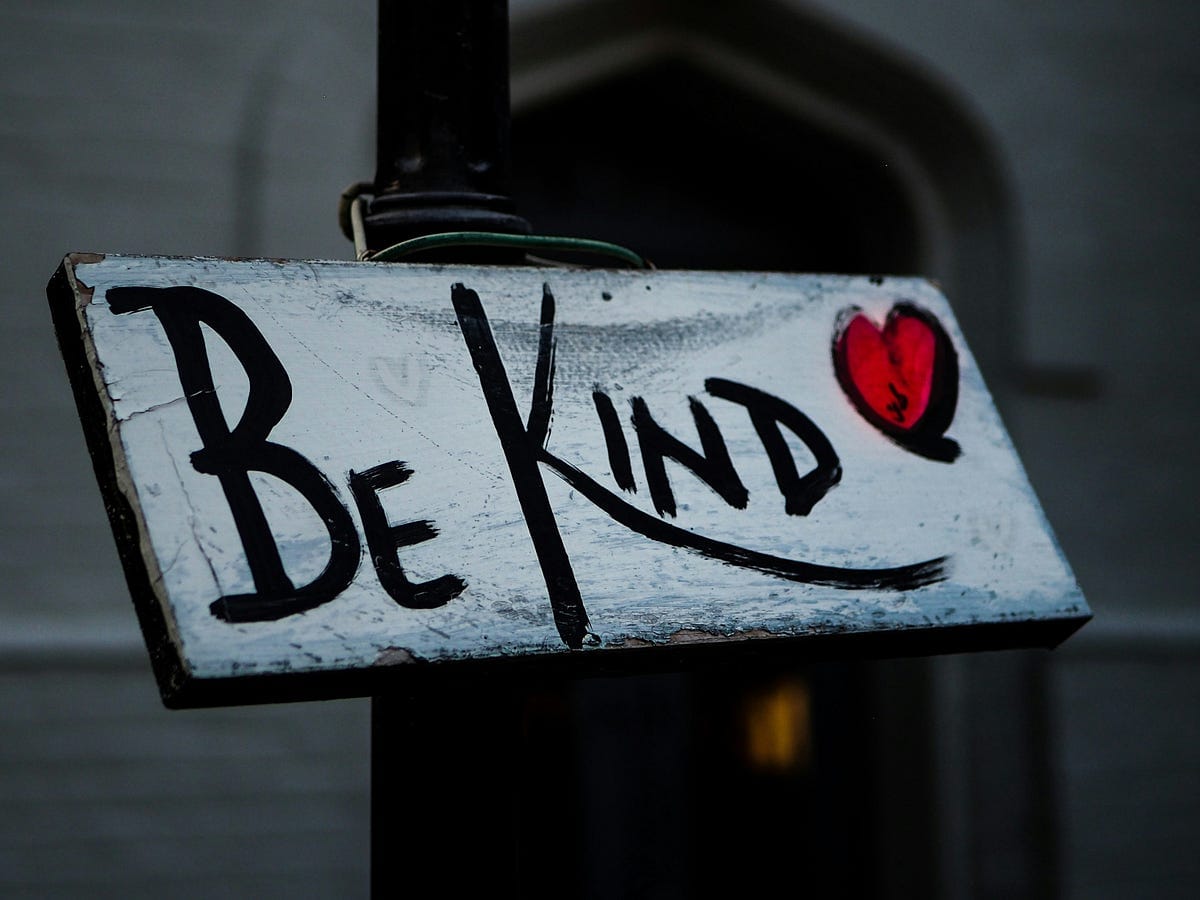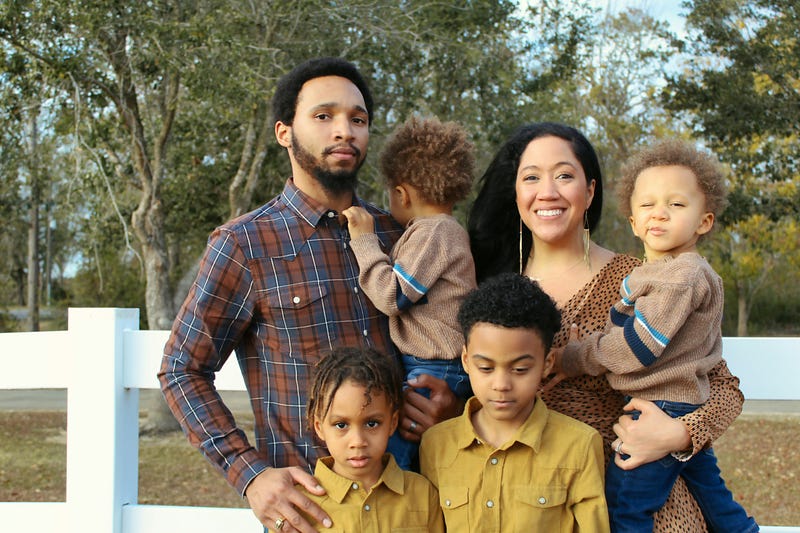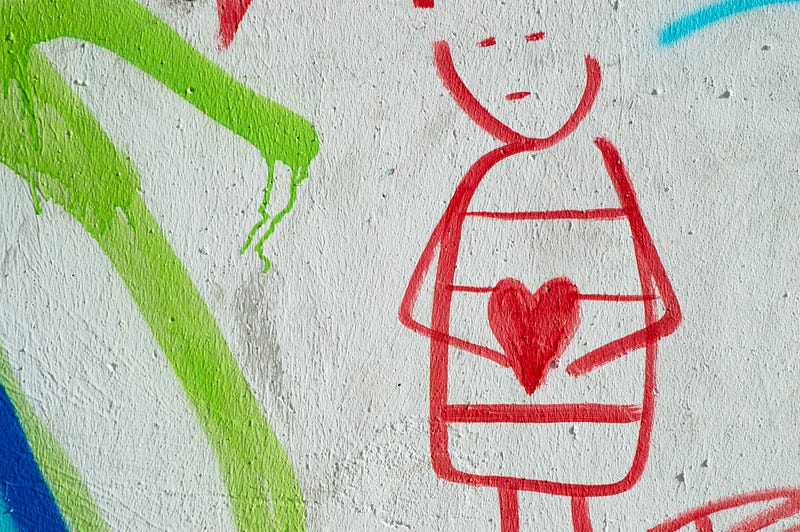“You’re Too Kind!” — No, For Real
Setting limits with folks who exploit your kindness as weakness

The “Benevolence Exploitation Effect” and Attachment Styles
I recently learned of a concept, seemingly associated with the psychological insights of Carl Jung, that raises interesting considerations about how we relate to one another. This phenomenon, the “benevolence exploitation effect”, supposedly occurs when our natural inclination to be kind and benevolent is manipulated by others for their gain. This might happen due to an inability or unwillingness to balance altruism with healthy self-defense by recognizing and integrating shadow (yet assertive) parts of ourselves that are able to define and communicate limits.
Before we get more into the benevolence exploitation effect, let’s touch briefly on primary attachment styles. Developed during our early interactions with caregivers, attachment styles shape how we form and navigate relationships throughout our lives.

There are the secure attachment style and three “insecure” styles ranging from anxious to disorganized:
- Secure attachment: develops when caregivers consistently meet a child’s needs. People with this style tend to develop a healthy sense of self. They feel safe in relationships and trust that their needs will be met.
- Anxious attachment: also known as preoccupied attachment and often develops when caregivers inconsistently meet a child’s needs. People with this style tend to fear abandonment and may have a strong desire for closeness. They may be extra-sensitive to the emotional worlds of others.
- Avoidant attachment: also known as dismissive attachment and often develops when caregivers are emotionally unavailable or dismissive. People with this style tend to fear intimacy, may have difficulty trusting, and may desire independence. They may be removed from the emotional worlds of others, having learned to suppress their own emotional needs.
- Disorganized attachment: also known as fearful-avoidant attachment and often develops due to trauma or when caregivers are chaotic and/or inconsistent in caregiving. People with this style may exhibit a mix of inconsistent behaviors that are hard to predict.
As you can see, attachment styles are deeply impacted by adverse experiences in our formative years. If you are reading this, your style is likely either anxious or disorganized, and you may be the type of person who should be on the lookout for signs of exploitation. Folks with these insecure attachment styles often find themselves in cycles of people-pleasing and “struggle love,” where they perceive love as synonymous with selfless sacrifice and suffering. They may feel compelled to give endlessly, hoping that their benevolence will be reciprocated. Instead, they often find themselves drained by relationships where their kindness is being exploited or, at best, taken for granted.
Insecure attachment styles are also at play in codependency, a dynamic in which people struggle to feel emotionally regulated when those who rely on them are dysregulated or experiencing some other type of difficulty. These folks often develop a tendency to overextend themselves to meet the needs of others, believing that their worth is tied to their ability to support and care for others.
Toward the other end of the spectrum, some folks struggle so much to connect with others that the people in their lives have difficulty believing they care about them at all.

Recognizing and Addressing the Signs of Exploitation
Identifying signs of the benevolence exploitation effect in your relationships is essential for fostering healthier connections and for your own well-being. Take a moment to reflect — do you feel a nagging sense of resentment or exhaustion after interactions with certain individuals? Do you subscribe to the belief that your sacrifices demonstrate love? And, if so, how does it feel when others refuse to sacrifice, and thereby demonstrate love, for you? Resentment and exhaustion, coupled with a lack of fulfillment in nonreciprocal relationships, can signal that your kindness is being exploited rather than appreciated.
And here we go again, folks, with a topic that is relevant to so many difficult relational interactions: boundaries. Boundaries are how we set limits. Clear boundaries serve as protective measures, reinforcing our self-worth and shielding us from resentment and emotional exhaustion. When we are aware of our limits and can own our right to enforce them, we can better communicate our needs without fear of judgment or rejection.
If you have been conditioned to prioritize others’ comfort above your own, you may feel overwhelmed by the idea of setting boundaries, with no idea where to begin. Cultivating self-awareness is key.
- Start with paying attention to how you feel before, during, and after your interactions with those in your circles. Notice if you feel unheard or dismissed, disrespected, frustrated, sad, or even confused.
- Then, ask yourself, “What do I truly want in this relationship?” What could the other person do or say to support you in experiencing more positive interactions with them.
- Next, communicate your limits and preferences using assertive communication; hopefully, this sets the stage for mutual respect in your relationships.
Be aware that you may have to communicate your limits more than once — “old habits die hard,” as they say. However, you might also want to decide how many times you’re willing to repeat your boundaries after violations before you decide to reinforce, or strengthen, them. By practicing this, you allow others to witness the authentic you, no longer masked by fears of judgment and rejection or guilt over putting yourself first.
Be prepared that not everyone wants to witness the authentic you. Those folks will likely ignore and repeatedly violate your boundaries, highlighting a possibility that the benevolence exploitation effect is at play.
When you understand and value yourself and your desires, you are empowered to step away from people and situations that exemplify this dynamic. If you feel unable to answer a question like, “What do I truly want in this relationship?”, try engaging in introspective activities, such as journaling. Therapy is also an option that can enhance self-awareness, enabling you to identify patterns and triggers that lead to you tolerating unfulfilling, one-sided relationships.

Fostering Relationships Built on Mutual Respect and Support
What do you do when you determine that a relationship is exploitative and cannot be redeemed? You move on (often easier said than done — therapy can help with that, too), and build new relationships with mutual respect as a cornerstone. In these relationships, both individuals recognize and value each other’s needs, leading to a more enriching and fulfilling relational experience. You might find it beneficial to surround yourself with people who also prioritize self-care and personal boundaries, as they are less likely to interfere with yours, which creates an environment conducive to healthy relationships.
Open dialogues are helpful when forming and nurturing relationships. Share your experiences, and actively listen to others’. By fostering an atmosphere where both parties feel safe to express themselves authentically, you lay the groundwork for a deeper understanding and connection. This type of reciprocity is an essential feature in healthy relationships; instead of one person bearing the emotional weight, both parties can feel valued and acknowledged.
Wherever possible, challenge the societal pressures that equate love with perpetual sacrifice or struggle. Engage in conversations with friends or loved ones about the importance of self-worth in relationships. Recognize that taking care of yourself is not only beneficial for you but also results in healthier and more balanced interactions, overall. Remember that encouraging each other to maintain individuality strengthens connections and builds a foundation for love rooted in respect, rather than exploitation.
As you integrate these strategies into your relational experiences, keep in mind that the journey toward healthier connections is ongoing. It requires consistent effort and a genuine commitment to self-awareness and mutual respect. By embodying the traits of empowerment and self-compassion, you not only elevate your well-being but also inspire those around you to engage in meaningful and supportive relationships.
Moving Forward with Intentional Connections
In exploring the concept of the benevolence exploitation effect, we’ve unearthed an intricate interplay between attachment, trauma, and relationship dynamics. With these factors in mind, we can intentionally examine and reconstruct some connections while letting others go to make space for new, healthier ones. We can move forward grounded in high-quality relationships. We can approach new connections with an open heart, trusting in our ability to safeguard our own emotional well-being as willingly as we do for those around us.




